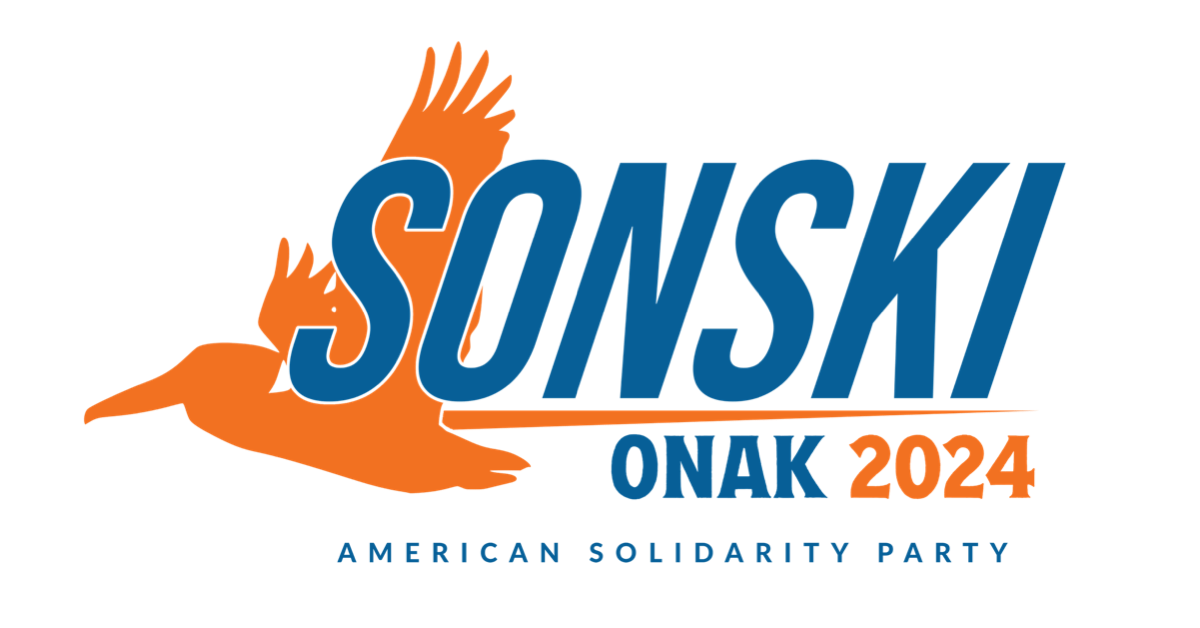Receding Tribes
For months I’ve been stressing the notion that the American Solidarity Party has a welcome place in our nation’s political landscape. This claim has been largely anecdotal, based largely on conversation and observation. Then came Gallup and Axios to provide more assurance.
From my earliest foray into the political realm, I’ve been told that voters may be divided roughly one-third Democrat, one-third Republican and one-third independent (mainly unaffiliated). At one point or another, I’ve occupied all of these segments.
This understanding of political divisions, according to the Axios graph, was more or less accurate until roughly 15 years ago. The mix has changed dramatically in that time, even more significantly than I would have predicted.
This roughly correlates to the beginning of the Obama presidency, a big upheaval in the financial markets (2008-09) and a decided progressive shift in federal government, followed by an even bigger upheaval in culture with the 2016 election of Donald Trump.
The trends certainly are not as linear as depicted, however they are nonetheless revealing: the tribes are shrinking! Gallup now suggests that, in attitude if not formal affiliation, as many voters identify as independent of the duopoly parties as those who remain ideologically connected.
Think about that! Half of the voters no longer find a home in the Republican or Democratic camps. What's more, the shift away from the major (do they continue to merit that classification?) parties is not one toward disaffected neutrality, but, as Axios puts it, “I’ll shop around, thank you.”
Enter ASP.
I remain encouraged as our nomination campaign moves forward that the opportunity for party growth is real and significant. The ASP can – and must – capitalize during a presidential election cycle that portends to be, again, rancorous and polemical. The ASP is poised for gain, both in size of membership and influence, but the chance can be missed.
The potential for the ASP to occupy the White House is slim at best. In 2020 the party was on only eight state ballots, and achieved write-in status on about 30 others. With 270 electoral votes required to be elected president, having votes recognized by less than 80 percent of states makes for a long shot.
The ASP can win, and win big, though, by developing its message and grassroots. It can share policies and perspectives that break ideological norms and attract members that don’t merely ally with its principles and values, but have ambitions to run at the local level.
My campaign is centered on short odds. It's centered on building the party base and energizing the rank-and-file. It’s centered on developing the ASP into a recognized and respected third party.
The opportunity is real, and it's now. Please support my vision for the future of our party and our nation.
